Everything You Need to Know About WHOIS and Domain Ownership Lookup

Have you ever wanted to find out who owns a particular website or learn more details about its registration? Enter WHOIS, a valuable online database that discloses website ownership and technical information. This article explains what exactly WHOIS is, what data it reveals, and how it helps identify the people behind domains.
What is a WHOIS Lookup?
WHOIS is a publicly accessible database that provides registration and technical details about registered domains and IP addresses. Think of it as a phone directory, but for websites. Performing a simple WHOIS search displays data like website owners and contacts, the registrar through whom the domain was purchased, expiry and creation dates, name servers and other technical details.
The primary use of the WHOIS directory is to identify the ownership and key contacts behind any domain name or website on the internet.
Why is WHOIS Important for Websites?
Websites constantly refer to WHOIS directory data of other domains for the following reasons:
- Transparency about site owners builds user trust and credibility, as people perceive better when they know who owns the site – an individual, organisation or business entity.
- From a security perspective, WHOIS aids cybercrime tracking by law agencies and internet vigilantes.
- Additionally, it is indispensable for domain dispute arbitrations and suspensions for illegal activities.
- WHOIS is also used by businesses to find potential partners and analyse competitors.
Overall, the public availability of WHOIS data for all domains creates accountability that makes the internet safer.
What Information can a WHOIS Search Find?
While WHOIS output displays varying data as per registries and registrars, some commonly surfaced fields are:
- Domain Name: The site’s registered domain string.
- Registrant and Contacts: Identity and details of the domain owner and admin/technical contacts.
- Registrar: Retailer of the domain name.
- Registration/Expiry Dates: Domain’s creation and renewal timelines.
- Name Servers: The DNS infrastructure for the website.
- DNSSEC: Whether DNS data security extensions are implemented
So one WHOIS query can reveal ownership, timeline and technical details behind a website.
How Accurate is WHOIS Data?
To maintain the WHOIS directory as accurately as possible, ICANN offers guidelines. Registrars are required to give domain owners yearly opportunities to review and update their WHOIS domain data because registrants’ contact information is subject to change.
Domains may be suspended or cancelled in accordance with ICANN regulations if this information is not updated or if false information is provided.
Internet users can also complain to ICANN if they find inaccurate or missing WHOIS domain name lookup information.
Registrars are required to update and validate the data in such cases promptly. ICANN aims to maintain the highest level of accuracy through this verification protocol.
While WHOIS aims to enable transparency, it also raises some data privacy concerns with public disclosure of private information like names, addresses and phone numbers. This has led many registries and registrars to introduce WHOIS privacy, which allows masking fields like registrant data. Understanding WHOIS and using it responsibly allows gaining visibility into vital internet infrastructure.




